antibacterial plant products
Laurel Zito
11 years ago
Related Stories

KITCHEN DESIGNKitchen Sinks: Antibacterial Copper Gives Kitchens a Gleam
If you want a classic sink material that rejects bacteria, babies your dishes and develops a patina, copper is for you
Full Story
DECORATING GUIDESHemp, Hemp, Hooray! This Superplant May Be Legal Again in the USA
Hemp products are durable, sustainable, antibacterial and much more. Will the plant finally get the status it’s due in the States?
Full Story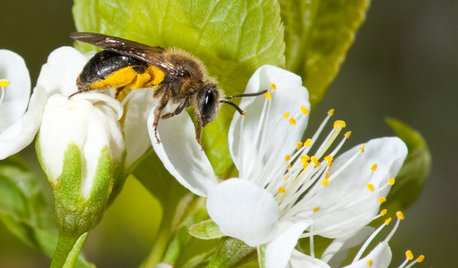
GARDENING GUIDESInvite Mining Bees to Your Garden by Planting Their Favorite Plants
Look for mining bees (Andrena) pollinating woodland wildflowers in U.S. gardens this spring
Full Story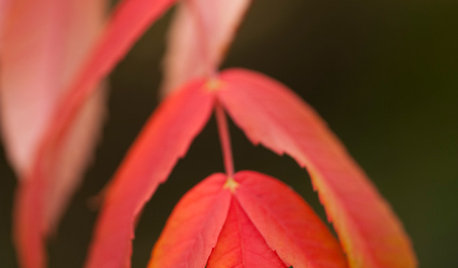
GARDENING GUIDESGreat Design Plant: Rhus Glabra
Smooth sumac provides powerful jolts of fall color and persistent fruit clusters that add interest through the winter
Full Story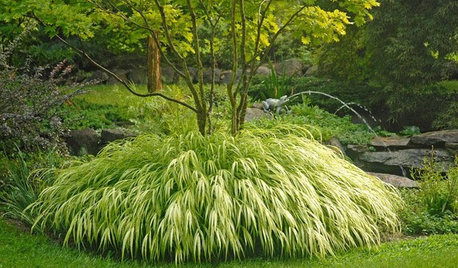
PRODUCT PICKSGuest Picks: 20 Gorgeous Perennials to Plant Now
Take advantage of warm spring weather to create a colorful garden with blooming plants, succulents and ornamental grasses
Full Story
PRODUCT PICKSGuest Picks: High-Tech Plant Helpers
Hydroponics, monitoring systems, even an electric pollinator ... these gadgets and services keep your greenery growing strong
Full Story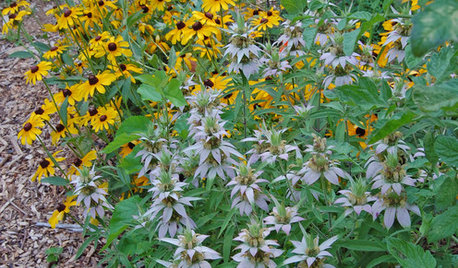
GARDENING GUIDESGreat Design Plant: Spotted Beebalm (Monarda punctata)
Looking for unusual, long-lasting blooms, low maintenance and deer resistance? Try this self-sowing perennial
Full Story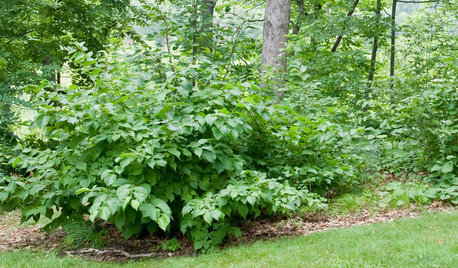
GARDENING GUIDESGreat Design Plant: Corylus Americana Awakens the Woodland Garden
Plant American hazelnut for three seasons of interest and to feed our furry and feathered friends
Full Story
GREEN DECORATINGBamboo Products — Earth Friend or Foe?
The ecofriendliness of this grass for flooring, wall coverings and furniture isn't cut and dried. Get the facts here
Full Story
BENEFICIAL INSECTSAttract Pollinators for a Productive Edible Garden
You can lure bees, butterflies and birds into your yard with the right flowers and nesting spots
Full Story






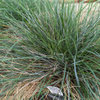
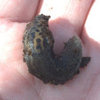
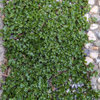
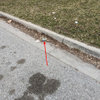
calliope
rhizo_1 (North AL) zone 7
Related Professionals
Cary Landscape Architects & Landscape Designers · Forest Park Landscape Architects & Landscape Designers · Roosevelt Landscape Architects & Landscape Designers · Wixom Landscape Architects & Landscape Designers · Belvedere Park Landscape Contractors · Bridgeview Landscape Contractors · Cary Landscape Contractors · Coeur d'Alene Landscape Contractors · Downey Landscape Contractors · Hampton Bays Landscape Contractors · Norristown Landscape Contractors · Weslaco Landscape Contractors · West Chicago Landscape Contractors · Westchester Landscape Contractors · East Norriton Landscape ContractorsLaurel ZitoOriginal Author
Kimmsr
rhizo_1 (North AL) zone 7
Laurel ZitoOriginal Author
calliope
calliope
morz8 - Washington Coast
Laurel ZitoOriginal Author